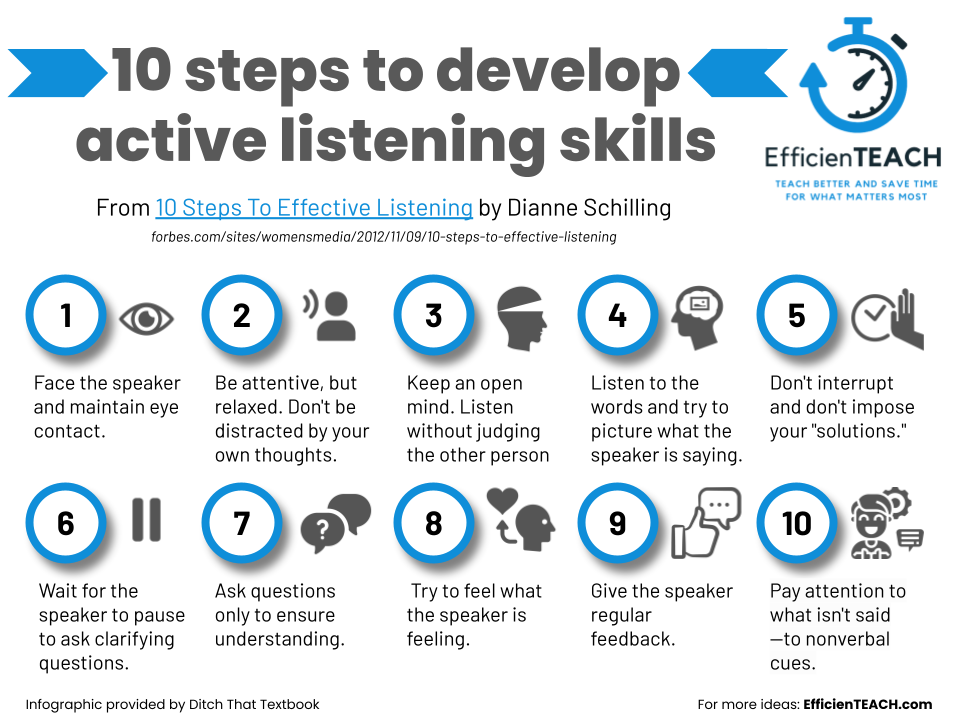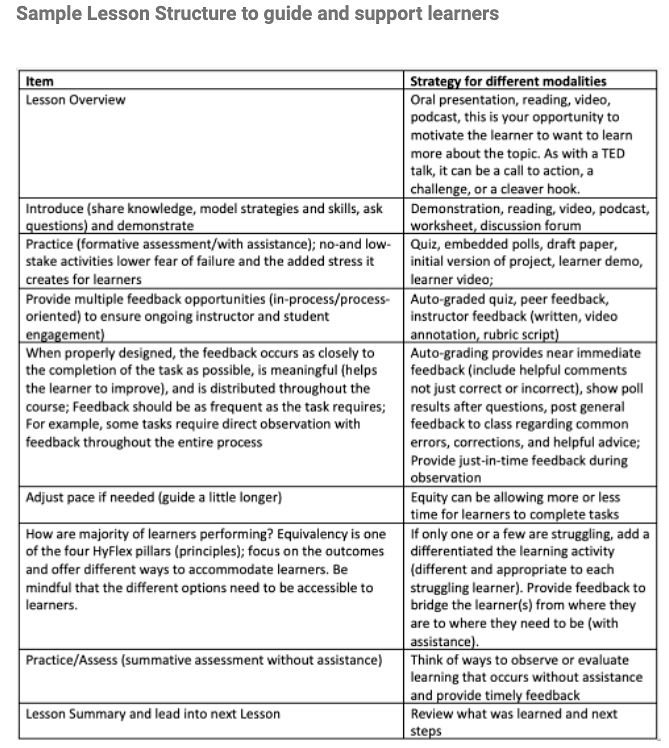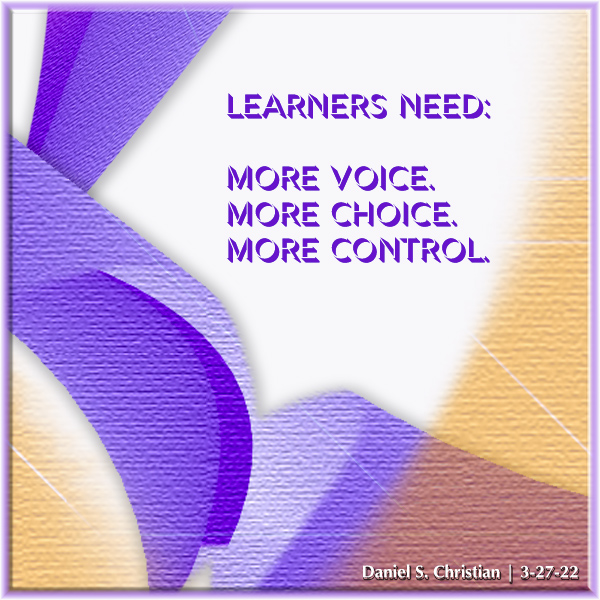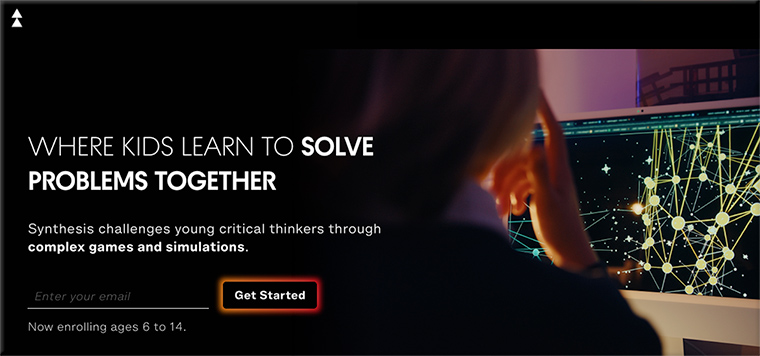Why So Many Teachers Are Leaving, and Why Others Stay — from cultofpedagogy.com by Jennifer Gonzalez
Excerpts:
It’s no exaggeration to say that a big shift has occurred, and it happened very, very recently. If you are in a leadership position—a school administrator, a district superintendent, or even an official at the state level—and you’re concerned about this shift (which you definitely should be), I’m hoping to offer something helpful here.
We’ll start with the stories of four teachers who recently made the decision to leave their jobs and finding the common threads between them. These are the cautionary tales, the ones from which we can learn what not to do. Think of this part as “How to Lose a Teacher in One School Year or Less.”
Part two will be about teachers who stayed, and the administrative decisions that made this possible.
“The best thing the leadership in my school did was to LISTEN to the teachers. We are on the front lines and we see problems developing on a day to day basis. When admin listens to the problems WE are experiencing and seeks wisdom from US on potential solutions, that is absolutely the most significant factor on why our staff has seen less turnover than other schools.”















